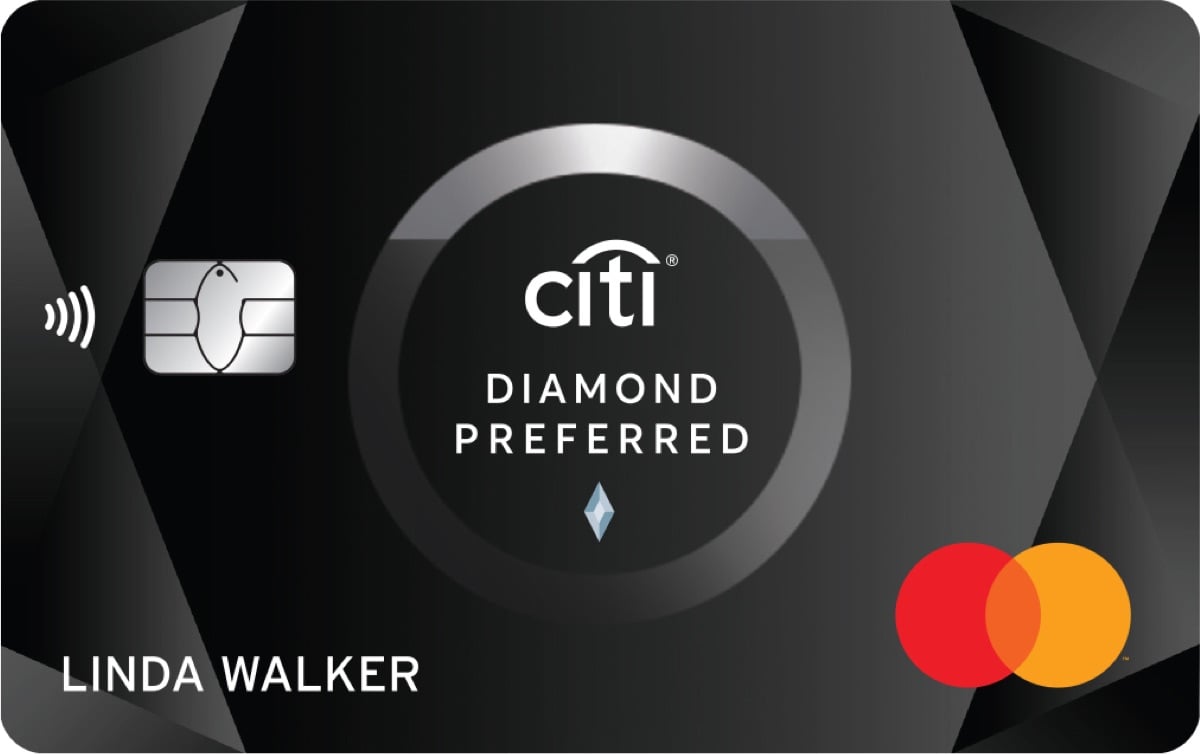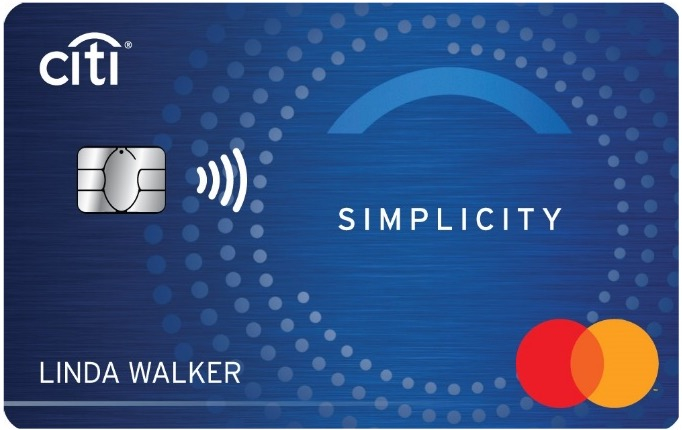Navy Federal Platinum Review: Zeros That Add Up to a Lot
The Bottom Line
4.3
The card packs an impressive combination of debt-zapping features that can be hard to find, assuming you're eligible to apply for it.


Rates, fees and offers
Rates, fees and offers
Annual fee
$0
Rewards rate
N/A
Bonus offer
None
Intro APR
0.99% intro APR for 12 months from account opening on balance transfers made within the first 60 days
Ongoing APR
APR: 10.49%-18.00%, Variable APR
Penalty APR: Up to 18.00%, Variable APR
Cash Advance APR: 18.00%, Variable APR
Foreign transaction fee
None
More details from Navy Federal Credit Union
More details from Navy Federal Credit Union
- You can get a 0.99% intro APR for 12 months from account opening on balance transfers made within the first 60 days. And, kick those balance transfer fees to the curb—Navy Federal Credit Union doesn’t charge any! After that, a variable APR between 10.49% and 18.00% applies. Expires on Jan. 1, 2026.
- No annual fees
- No balance transfer fees
- No foreign transaction fees
Pros and Cons
Pros
No annual fee
Intro APR period
No balance transfer fee
No foreign transaction fees
Cons
Must be a member/customer
No new cardholder bonus offer
No rewards
Detailed Review
The Navy Federal Credit Union® Platinum Credit Card could be a great fit for someone seeking a break on high-interest debt.
The card has a $0 annual fee, $0 in balance transfer fees, and a potentially low intro APR offer for balance transfers, for those who qualify. Rare is the card that waives balance transfer fees.
However, unlike other balance transfer options, this card's intro APR is not 0%, so you will incur at least some interest. Moreover, the promotional period on balance transfers is shorter than what you can find elsewhere, and you won't earn rewards.
But perhaps the card's biggest drawback may be eligibility: To get it, you must join the Navy Federal Credit Union, meaning you'll have to meet very specific criteria.
Navy Federal Credit Union® Platinum Credit Card: Basics
Card type: Balance transfer.
Annual fee: $0.
Sign-up bonus: None.
Rewards: None.
APR: 0.99% intro APR for 12 months from account opening on balance transfers made within the first 60 days, and then the ongoing APR of 10.99%-18.00%, Variable APR.
Balance transfer fee: None.
Foreign transaction fee: None.
Compare to Other Cards
Benefits and Perks
Good for balance transfers
Besides the card's potentially low intro APR offer when you do a balance transfer, there isn’t a balance transfer fee. Other cards typically charge 3% to 5% of the transfer amount. And with this card, you’ll pay no annual fee. That's a rare combination of features. If you're confident you can pay off your transferred balance within the promotional APR balance transfer window, this card can be a real money-saver on interest.
Decent if you need to carry a balance
NerdWallet recommends paying balances in full each month to avoid interest charges. But if you can’t do that, this card offers a potential ongoing APR that's lower than average, depending on your creditworthiness. The lower your APR, the less you'll pay in interest, and the more of your monthly payment goes to paying down the principal.
» LEARN: What is purchase APR?
Works as a travel companion
The card doesn't charge a foreign transaction fee, so you can use it internationally without racking up extra charges.
Drawbacks and Considerations
Navy Federal membership requirement
You must be a Navy Federal Credit Union member to have this card, meaning you must meet fairly strict eligibility requirements, in comparison to other credit unions. If you don't qualify for Navy Federal membership, you'll want to consider another balance transfer card.
Relatively short intro APR period on balance transfers
For transferring debt, this card’s offer is 0.99% intro APR for 12 months from account opening on balance transfers made within the first 60 days, and then the ongoing APR of 10.99%-18.00%, Variable APR. That’s decent for a rewards card, but among balance transfer cards, it’s not competitive. It’s possible to find credit cards with 0% APR periods of 18 months — or more.
True, it has no balance transfer fee. But if you need more than a year to pay off your balance, a longer 0% period will likely be more important. If you need a longer break from interest, consider a card like the Citi® Diamond Preferred® Card.
Use our card finder tool to sort through balance transfer cards by the length of their 0% APR period.
Late fees and penalty APR
If you pay late, terms of the Navy Federal Credit Union® Platinum Credit Card are punishing. Your card's promotional APR or low ongoing rate can end in the blink of an eye, and the card will sock you with its highest possible APR (after being 60 days late), plus a late fee. Pro tip: If your friends would describe you as absent-minded, you may be better off with something more forgiving like the Citi Simplicity® Card. It doesn't charge late fees or penalty APR if you make a late payment.
How To Decide If It's Right For You
If you're seeking a rewards card featuring a bundle of perks or a super-lengthy break on interest — or if you think you're likely to pay late — the Navy Federal Credit Union® Platinum Credit Card probably isn’t ideal for you.
But if you already belong to the Navy Federal Credit Union and need to transfer debt, this card deserves a look. As long as you pay your credit card bills on time and pay off the whole balance before the intro APR period ends, you’ll likely pay less in interest than if the debt is parked with another lender.
Extra long cushion on interest
A lengthy 0% intro APR period on balance transfers, plus a forgiving nature when it comes to late payments.
Looking For Something Else?
Methodology
NerdWallet reviews credit cards with an eye toward both the quantitative and qualitative features of a card. Quantitative features are those that boil down to dollars and cents, such as fees, interest rates, rewards (including earning rates and redemption values) and the cash value of benefits and perks. Qualitative factors are those that affect how easy or difficult it is for a typical cardholder to get good value from the card. They include such things as the ease of application, simplicity of the rewards structure, the likelihood of using certain features, and whether a card is well-suited to everyday use or is best reserved for specific purchases. Our star ratings serve as a general gauge of how each card compares with others in its class, but star ratings are intended to be just one consideration when a consumer is choosing a credit card. Learn how NerdWallet rates credit cards.
About the authors

Gregory Karp
Senior Writer



